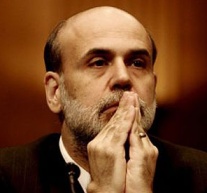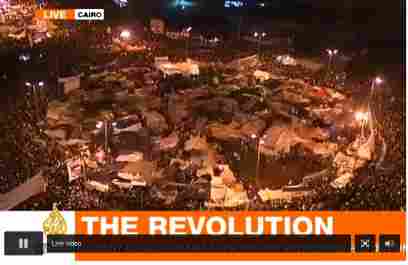The Economic Populist
Speak Your Mind 2 Cents at a Time
Most Popular
Is TPP Dead? What does Hillary think?
- 50891 reads
Moving Corporations To Shared Productivity
- 31591 reads
Business Sales to Inventory Ratio Rises, Manufacturing Sales Decline -1.1% for June 2012
- 21482 reads
Chart-worshipers, part-swappers, and inequality
- 36920 reads
About That GM China Sales Report
- 30011 reads
Rumor Obama will force Fannie Mae & Freddie Mac to forgive negative equity mortgage debt for underwater mortgages
- 35415 reads
Related Content
User login
Poll
Is TPP Dead? What does Hillary think?
- 50891 reads
Moving Corporations To Shared Productivity
- 31591 reads
Business Sales to Inventory Ratio Rises, Manufacturing Sales Decline -1.1% for June 2012
- 21482 reads
Chart-worshipers, part-swappers, and inequality
- 36920 reads
About That GM China Sales Report
- 30011 reads
Rumor Obama will force Fannie Mae & Freddie Mac to forgive negative equity mortgage debt for underwater mortgages
- 35415 reads
The Golden Rule
- 1877743 reads
Will the NY Attorney General Bring Doomsday Charges Against Wall Street? If So, How Long Will He Survive?
- 1265605 reads
New York Post Claims Census Falsifies Unemployment Figures
- 1015406 reads
VAT or Value Added Tax is Getting a Look in D.C.
- 430049 reads
How Many Jobs Are Needed to Keep Up with Population Growth?
- 414956 reads
The war on the middle class
- 396392 reads
U3 and U6 Unemployment during the Great Depression
- 379652 reads
House discusses 401k/IRA confiscation
- 369671 reads
Tax Cuts for the Rich Do Not Generate Jobs
- 319543 reads
.





Recent comments